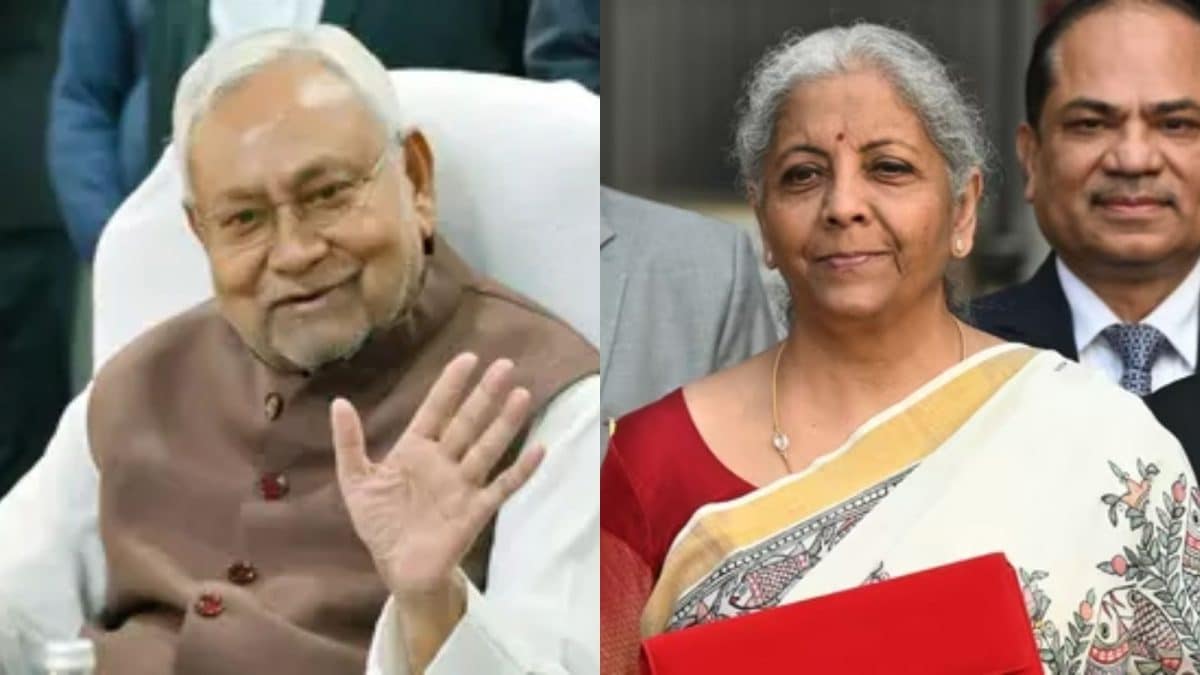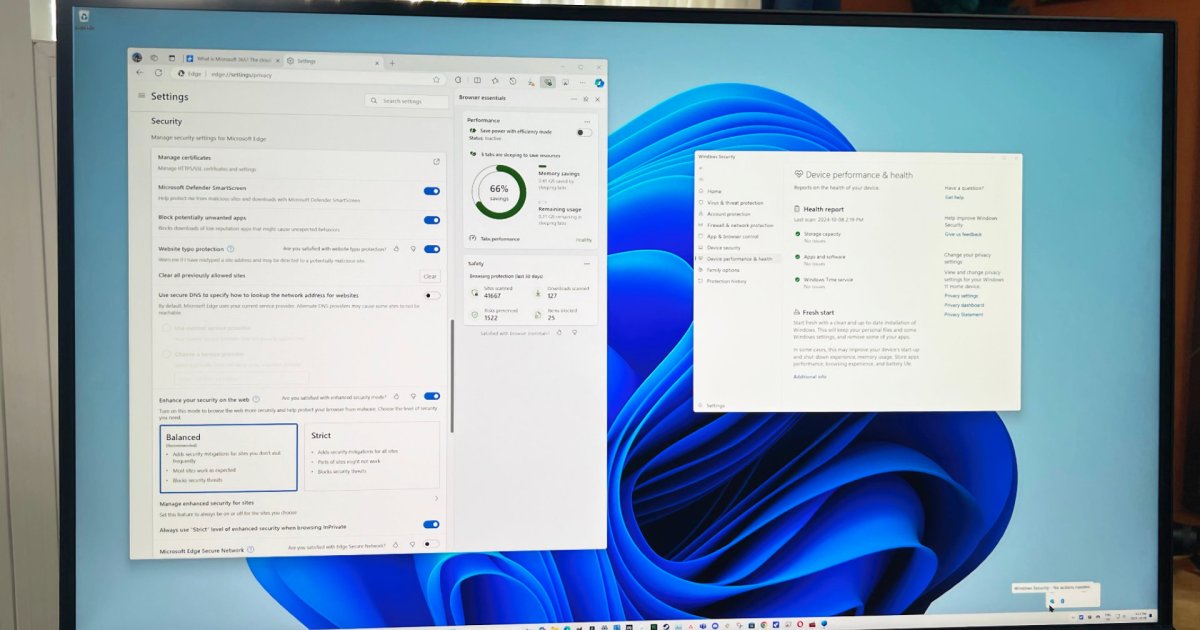“On a totally selfish personal note, I’d be delighted to be able to continue the good cooperation we’ve established with Sébastien Lecornu, there’s a lot to do. Defense policy has never been so important,” Pistorius told reporters when asked whether he was worried about the impact of a National Rally victory in the two-round election on June 30 and July 7.
The decision of French voters “will have an impact throughout Europe,” added Kosiniak-Kamysz. He underlined the need for continued support to Ukraine — a key policy for Warsaw but one thrown into doubt by the past pro-Moscow lean of the National Rally.
Monday’s gathering was the first gathering of the three countries’ defense ministers since 2015, showing the revival of the so-called Weimar Triangle format after it went into a deep-freeze during the eight years that Poland’s nationalist Law and Justice (PiS) party was in power.
PiS was suspicious of Germany, and angered France by tearing up defense contracts. The fear is that a nationalist government in Paris could create similar problems for multilateral cooperation with European allies.
“Political formations will be sending out a message: either one of withdrawal, weakening France’s position in the world … or a message of clarity,” Lecornu said.
More cooperation
Lecornu announced that France will join a so-called military Schengen agreement already signed by Poland, Germany and the Netherlands. Belgium and Luxembourg are observer members. The deal aims to ease the movement of troops and military equipment throughout the bloc.







